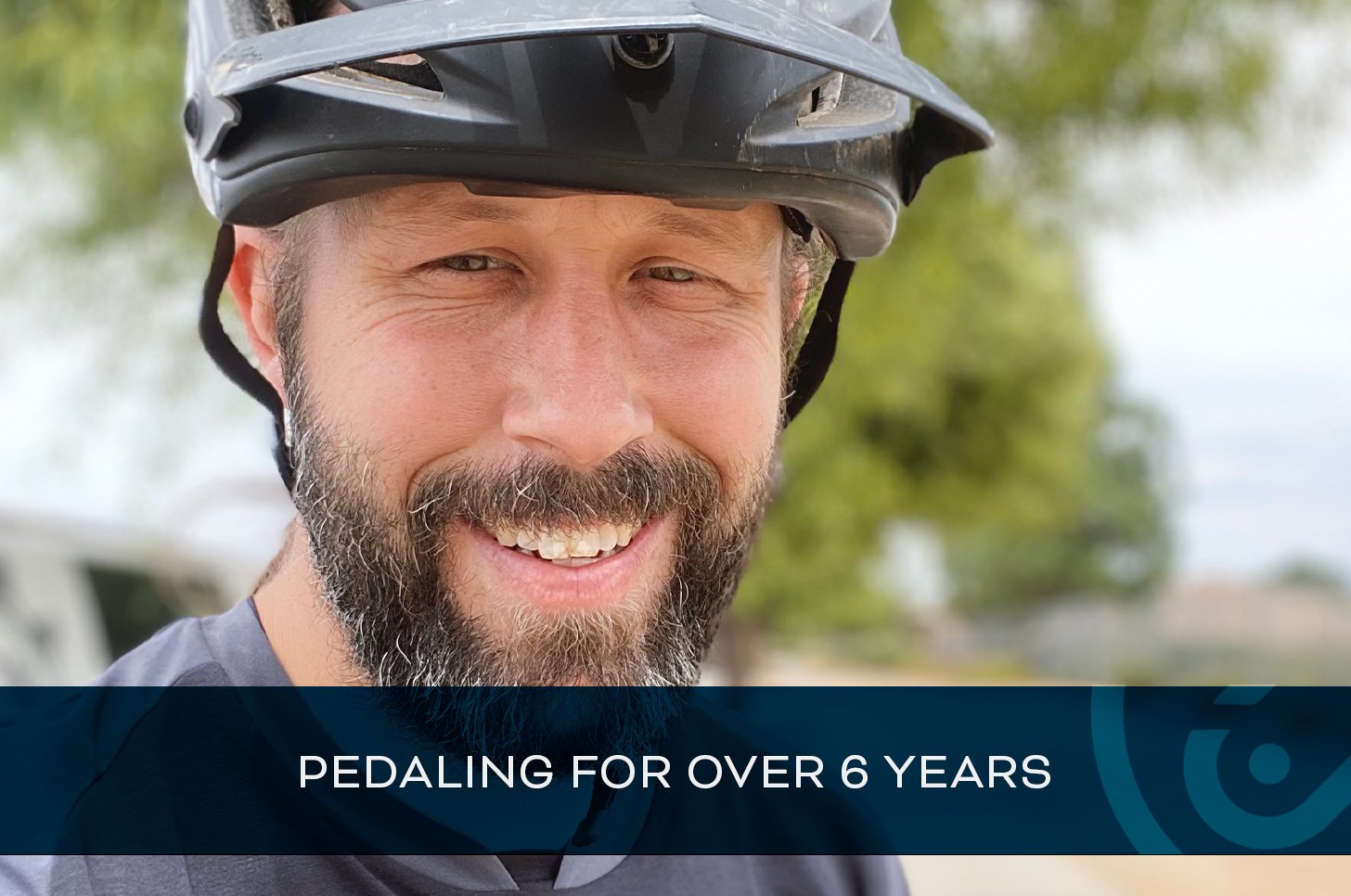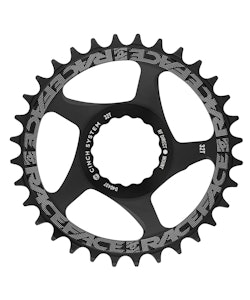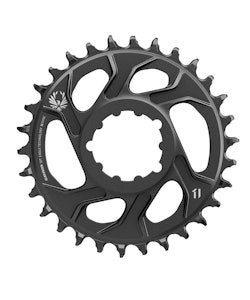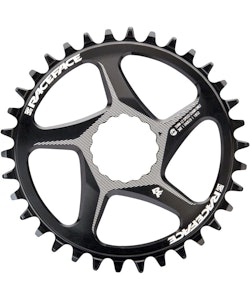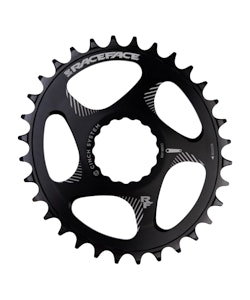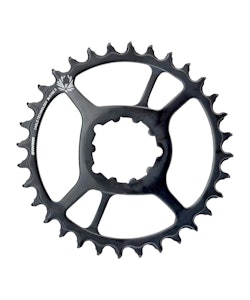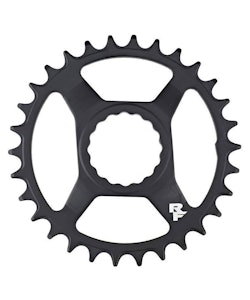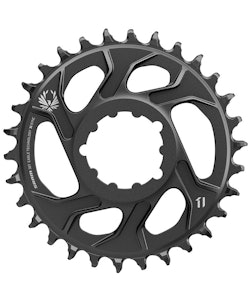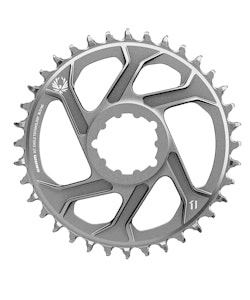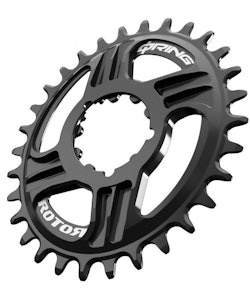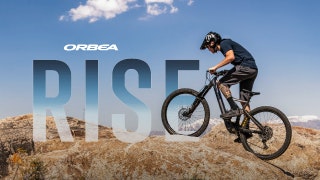Direct Mount Chainrings
Whether you are looking to shave a few grams or are simply attracted by the simplicity of attachment, direct mount chainrings can be a great option for mountain bikers using single chainring set-ups. Some cyclocross and even a handful of adventure road bikes may also be candidates for direct mount chainrings.
In each case the primary advantage centers around the elimination of the spider that’s necessary for bolt-on-style chainrings. In doing so direct mount chainrings save weight and are easier to install because there are fewer overall parts required for attachment. But just like any other chainring, direct mount chainrings are machined wheels of metal with evenly-spaced teeth around the outer edge that engage your chain and help propel your bike forward.
Direct mount chainrings vary in size and shape. Round is the standard, but there are also some oval direct mount chainrings options, such as those manufactured by Absolute Black and Rotor to name a few. The rationale behind oval chainrings is that they increase overall pedaling efficiency by helping lessen the deadspot in your pedal stroke. The shape of direct mount chainring teeth also varies, with most either utilizing a narrow-wide or wave-tooth profile. In either case, the primary objective is to enhance chain retention, which reduces the likelihood of an untimely dropped chain.
Direct mount chainring size (represented by their number of teeth) usually range from 26t to 42t, with 30t and 32t being the most common for mountain bikers because they do the best job of hitting the sweet spot of being low enough to climb steep hills, but also allow you to maintain speed on the flats or pedaling-heavy descents. Riders on ’cross and road bikes will usually opt for something in the 40t to 46t range.
It’s also important to note that the higher the number of teeth your chainring has the harder it will be to pedal, while fewer teeth means easier to spin up climbs. If you have any question, feel free to call one of JensonUSA’s Gear Advisors at 951-234-7554. They can help you make the right decision for you and your bike’s needs.
